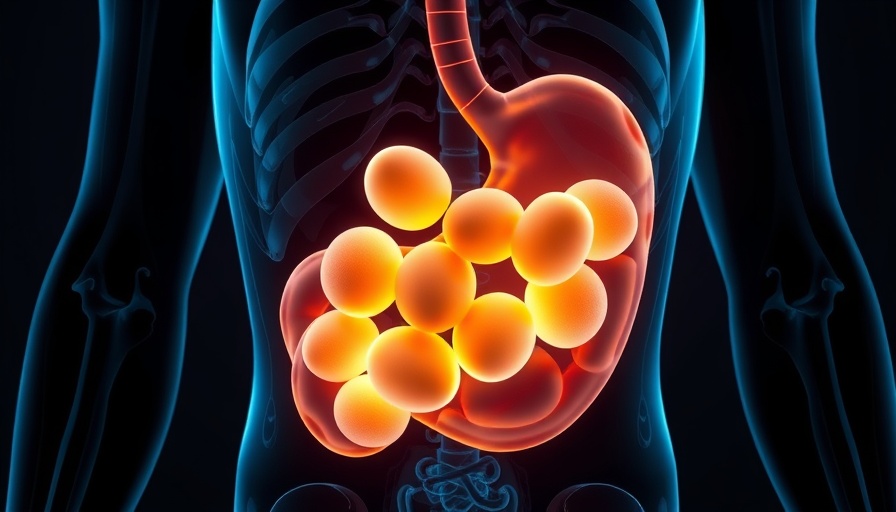
Eggs: The Nutritional Powerhouse on Your Plate
For years, eggs were vilified in health circles, predominantly due to their cholesterol content. However, recent scientific findings have repositioned them as a "superfood," rich in protein and vital nutrients. What happens when you incorporate two to three eggs into your daily routine? The question invites a deep dive into the myriad benefits, insights, and cooking methods that can transform eggs from ordinary to extraordinary in terms of health.
In 'Eat 2-3 Eggs Daily This WAY and GET These Amazing Health Benefits,' the discussion dives into the nutritional resurgence of eggs, exploring key insights that inspired our deeper analysis.
The Right Choice: Selecting Nutrient-Rich Eggs
The path to enjoying the full nutritional benefits of eggs begins at the grocery store. Not all eggs are created equal! Opting for pasture-raised eggs is highly recommended, as hens raised outdoors tend to produce eggs rich in omega-3 fatty acids and Vitamin D. Recent studies indicate that pasture-raised eggs can contain twice as much Vitamin E compared to their caged counterparts. Organic eggs are another good choice, but be sure they are also pasture-raised to maximize nutrient content.
The Importance of Proper Storage
Even the healthiest of eggs can lose nutritional value if not stored correctly. Eggs should be kept in their original carton, stored at a temperature at or below 40°F, away from the door of the fridge where temperature fluctuates most. Conducting the "float test" can also help determine egg freshness: fresh eggs sink, while bad ones float!
Cooking Methods That Enhance Benefits
The way you cook eggs can significantly influence their nutritional benefits. Research has shown that boiling and poaching retain up to 80% of important antioxidants. Opt for gentle cooking methods over high-heat frying, which can break down vitamins.
Transformative Health Benefits of Daily Egg Consumption
Adopting the habit of eating two to three eggs daily can have transformative effects on your body. Rich in choline, eggs are crucial for brain health, helping with memory and cognitive functions. They are also packed with protein, aiding muscle building and repair. Egg consumption has been correlated with raised HDL (good cholesterol) and reduced hunger pangs throughout the day, making it easier to maintain a healthy weight.
Eggs and Their Role in Healthy Aging
With a treasure trove of nutrients that include Vitamin D and B vitamins, eggs can also play an essential role in healthy aging. For seniors, eggs can help preserve muscle strength and function, vital for maintaining independence. Moreover, antioxidants like lutein in eggs protect against age-related macular degeneration.
Navigating Alternatives for Egg-Free Diets
Not everyone can include eggs in their diet, but there are substitutes that can offer similar benefits. Options like chia seeds, tofu, or legumes can provide the protein and nutrients typically derived from eggs. For baking, substitutes like applesauce or mashed bananas can work well in recipes, ensuring dietary needs are met without compromising consistency.
Concluding Thoughts and Health Recommendations
True health improvements with eggs come from not just consumption but also the quality of the eggs you select, proper storage, and mindful cooking methods. Utilizing these tips can ensure a wonderfully nutritious addition to your daily routine. Eggs can serve as an integral part of a balanced diet, contributing to long-term health benefits that support overall wellness, brain function, and aging.
So, if you're ready to elevate your health game with eggs, consider these practices in your daily lifestyle. Explore the richness they can add to your meals and keep engaged with your well-being journey!
 Add Element
Add Element  Add Row
Add Row 




Write A Comment